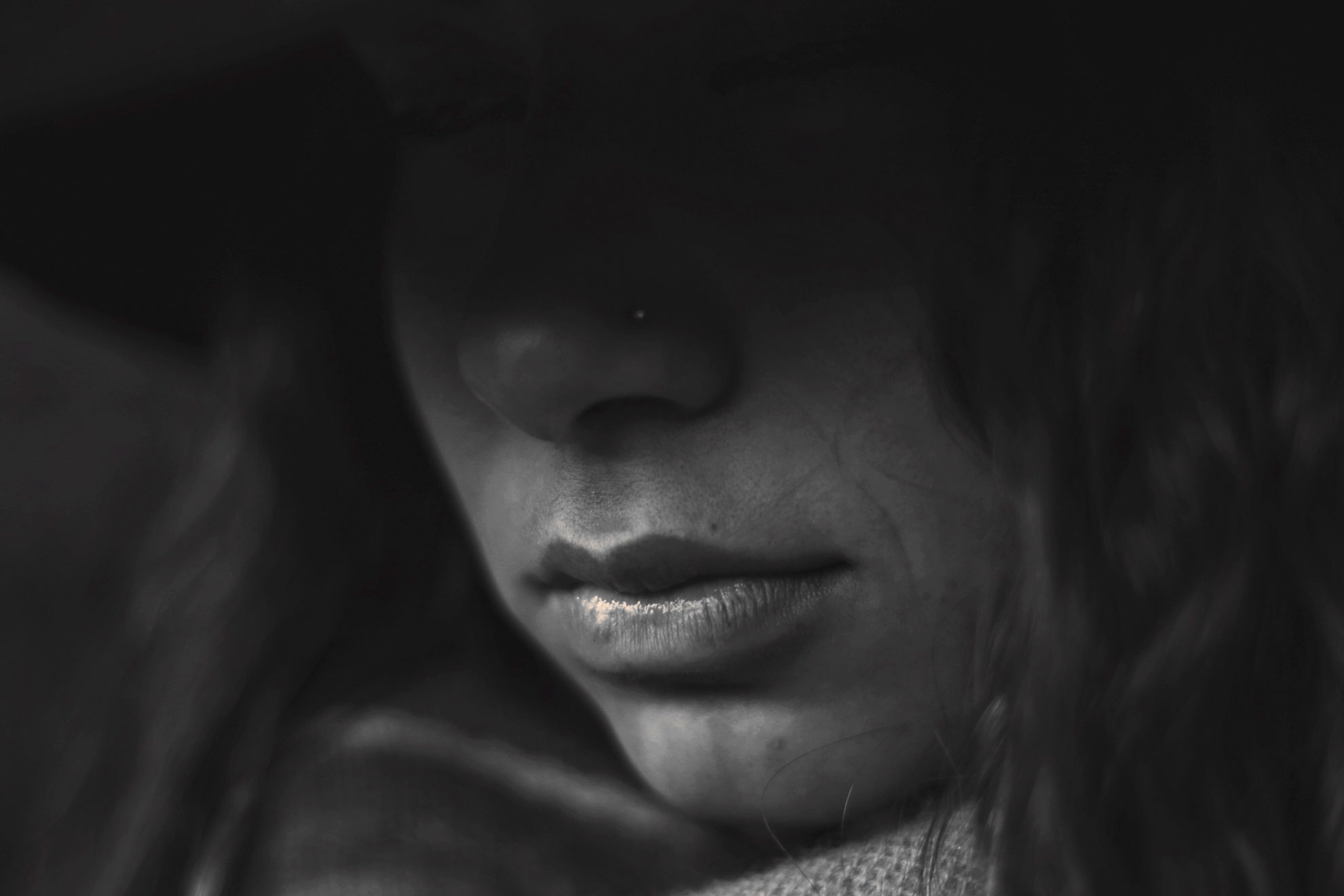
Are the seven deadly sins still deadly?
- By nuanceforum
- | October 7, 2019
To help with the experiment, here’s a quick refresher. If you check Wikipedia, you’ll learn there’s a deeper history, there used to be eight sins until Pope Gregory in AD590 rearranged a few things, combined a couple, and added envy. Since then the seven deadly sins have held steady as lust, gluttony, greed, sloth, wrath, envy and pride.
That is at least until Facebook, Instagram and Twitter came along. Although in fairness, Twitter seems to have a lock on wrath.
This isn’t intended as an exhaustive exploration of each of the vices listed, or the relative merits of each social media platform, but more to raise questions of whether our current cultural moment still agrees that these “sins” still qualify as sins?
Perhaps part of the problem are the somewhat archaic terms, so a modern update might help. Most of us know what lust means, but these days we might call it sexual objectification or an inappropriately intense desire for sex, power, fame, etc. Gluttony isn’t a word you hear much anymore, but we now might call it overindulgence or selfishness.
Greed is pretty self-explanatory, but more focused on material things, wealth, etc. These first three can be characterized as sins of desire.
The word sloth now seems to be reserved for that adorable animal that doesn’t do much at all except move very slowly, which does a pretty good job describing the meaning of the word. Today we might describe it laziness or avoiding adult responsibilities.
We don’t say wrath much anymore, but there’s plenty of anger, rage, and hate on prominent display.
Envy is still in common use and most of us regularly catch ourselves feeling it anytime we scroll through our friends’ photos from that three-week trip to Tuscany. And pride still gets used here and there, but today we would probably call it narcissism, bragging, etc.
Now, back to the experiment. Can you think of when you have spent any time at all on social media without seeing all seven of these traits on full display? Which begs the question: Are the seven deadly sins still deadly?
With all the likes, shares, reposts and congratulatory comments that are routine for these kinds of posts, no one would blame you for thinking the seven deadly sins are a relic of history.
Maybe the word sin is a problem for an increasingly secular culture, too closely associated with (for many people) discarded archaic religious practices. Maybe we think we’ve put this kind of moralizing behind us. But does anyone really think it’s good to flaunt our wealth, or our bodies, or to engage in vicious trolling behind anonymous Twitter handles? Or any number of behaviors that are commonplace in the public domain?
Most of us still have an internal compass that tells us something isn’t quite right about the kind of conduct we witness (and possibly engage in) regularly on social media, reality television, entertainment, politics, business and finance, and the broader culture.
Even religious leaders don’t seem to be immune.
And we clearly haven’t lost our sense of outrage, we’re neck-deep in it. Outrage and cancel culture are rampant, and perhaps there-in lies a deeper question.Are we in a messy modern process of updating the list? Or does the list split along political or cultural lines, where people who are still outraged by greed for example, might feel perfectly justified indulging in some envy? Or is something else going on?
As an increasingly secular society, are we discovering we need a new kind of morality that doesn’t make metaphysical claims? That avoids concepts of “sin” but still informs acceptable human interactions? Is this a function of media, or specifically social media, the unconstrained, unfiltered “Id” of our culture?
What’s clear is the strong historical taboos of the seven deadly sins have lost their hold on ordinary human affairs. Many traits on the list are not only common, but celebrated.
What’s less clear is what, if anything, will be replacing them.